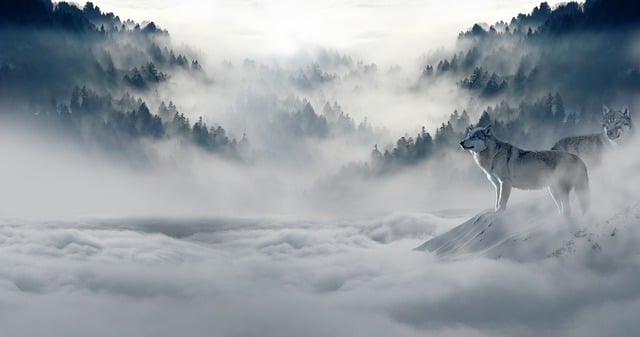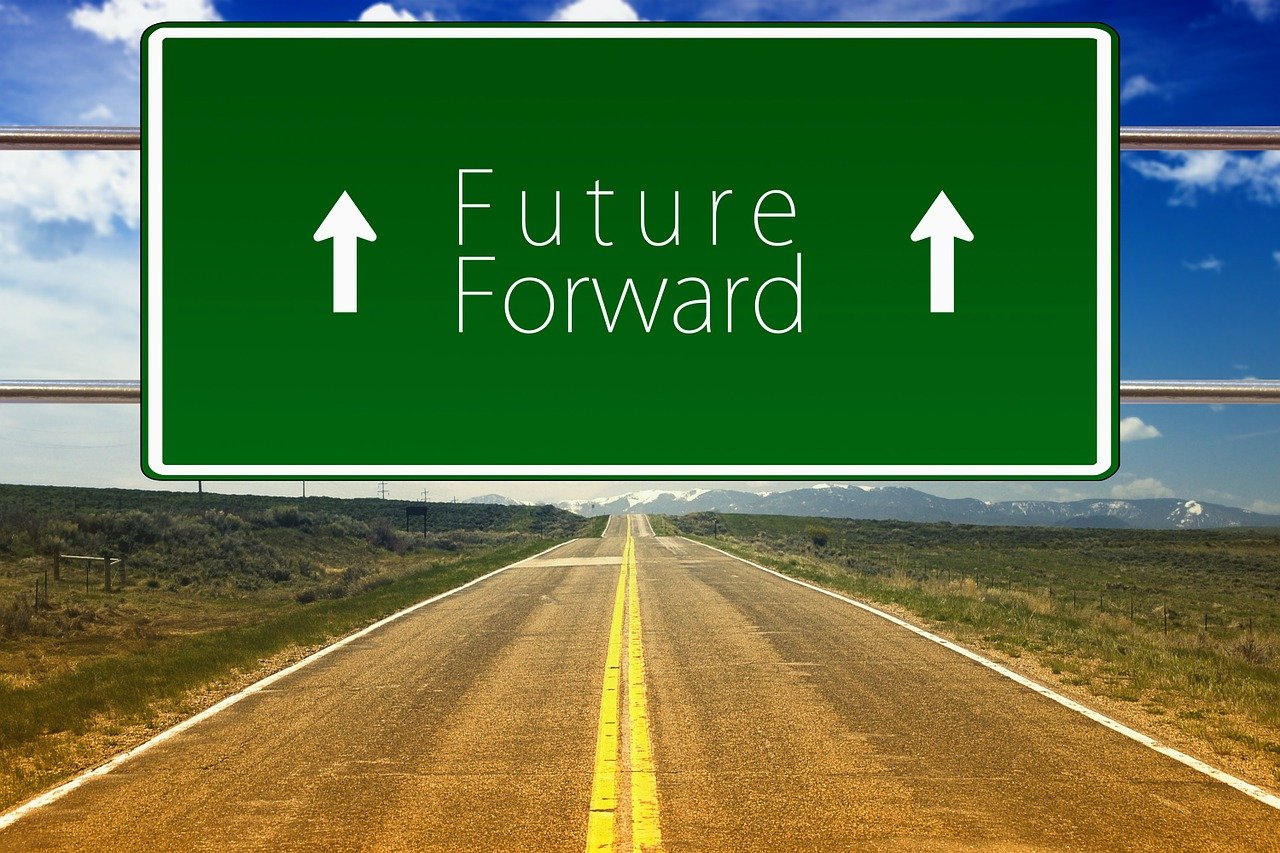Back in the old days, and I mean old, old days (think prehistory), if we wanted to survive, it was better to be worried and afraid! Humans that were always on the look out for predators, or adverse weather, were the ones most likely to survive. If you were to stay relaxed at every cracking noise in the bush or dark cloud on the horizon, your genes were less likely to pass on to the next generation. And although we don’t need to worry about wolves anymore and most of us have houses that can withstand an average storm, this behaviour can still very much be seen today. Humankind is much more interested in anything dangerous or worrisome rather than good news. No matter how much, over the past millennia, we have tried to understand, explain or change that behaviour, when we encounter bad news, our stone-age brain still reacts in the same way as it did tens of thousands of years ago. Switch on the news and you will most likely see a collection of dramatic and shocking events from close by and far away, decorated with complaints from all layers of society of how bad things are, and very little good news.
One of the reasons why we’re so drawn to the bad, is that first of all we remember it much better, another is that complaining is seen as sending a signal that you care about others, and the third reason for the bias is nostalgia, or the feeling that the past was better than the present.
I would like to zoom in a bit on the third reason. According to surveys in different countries, large groups of people (often up to 70%) suffer from the belief that “things are worse now than they used to be”. This is of course entirely irrational as data show us that today we are, on average, healthier and wealthier than in the past. On the agriculture and food side of things, we can see that famine went from being a universal phenomenon to an exception affecting only a small fraction of the world. Whereas in the early 1970s, around 29 per cent of the global population was undernourished (FAO data), we now see that this has declined to a little over 10 per cent. In 1990, the Global Hunger Index listed 17 countries as ‘extremely alarming’, and in 2018, this was down to one (Central African Republic). Let’s make no mistake, we are still far from a world without malnutrition, and we cannot become complacent. But the progress is there.
In other fields, we see similar improvements. Global literacy improved from about 20% to about 85% by the end of the century, and global average life expectancy increased from 31 years in 1900 to 71 by the early 21st century. Violence (homicide or war casualties) is in decline and access to modern sanitation tripled over the last 30 years.
One of the items that people tend be preoccupied about is terrorism, which is however much less common than in the past. It is just reported much more widely thanks to modern media. All in all, humanity has reached its highest ever (so far) levels of living standards. So, if you were in the group that thought the good old days were better, it turns out Western civilisation isn’t doomed after all. It’s just a trick of the mind. This irrational conviction is known as “declinism”, and is caused, according to the experts, by the fact that our strongest memories are laid down between the ages of 15 and 25. The vibrancy of youth, and the thrill of experiencing things for the first time, creates a “memory bump” compared with which later life does seem a bit drab.
Officially, declinism is the belief that a society or institution is tending towards decline. Particularly, it is the predisposition, to view the past more favourably and the future more negatively. Luckily for us there are lots of people who do see the progress and continue to work on a better future.
So, the next time you’re feeling all doom and gloom about the world, and the future, just tell yourself it’s your prehistoric brain cells to blame for that. But remember this: the world is better than it ever was. And why is it better than before? Innovation! Luckily, we have people who do not get side-tracked by doom and gloom and find new and brilliant solutions to the various challenges. Without innovation we’d still be sitting around the campfire worried about wolves and the next thunder storm.













